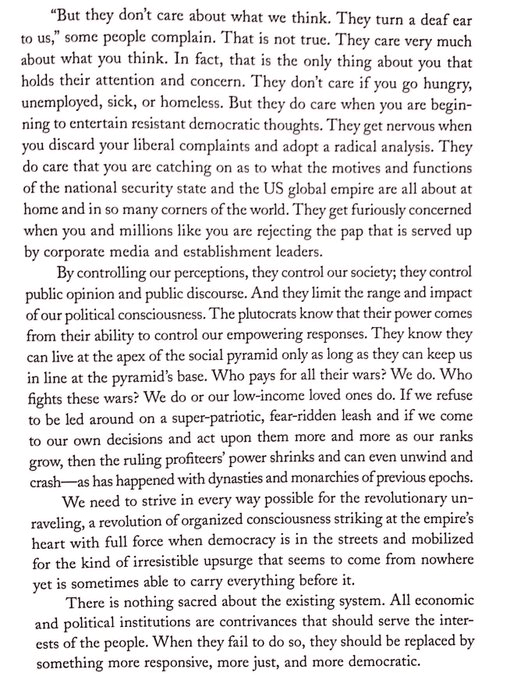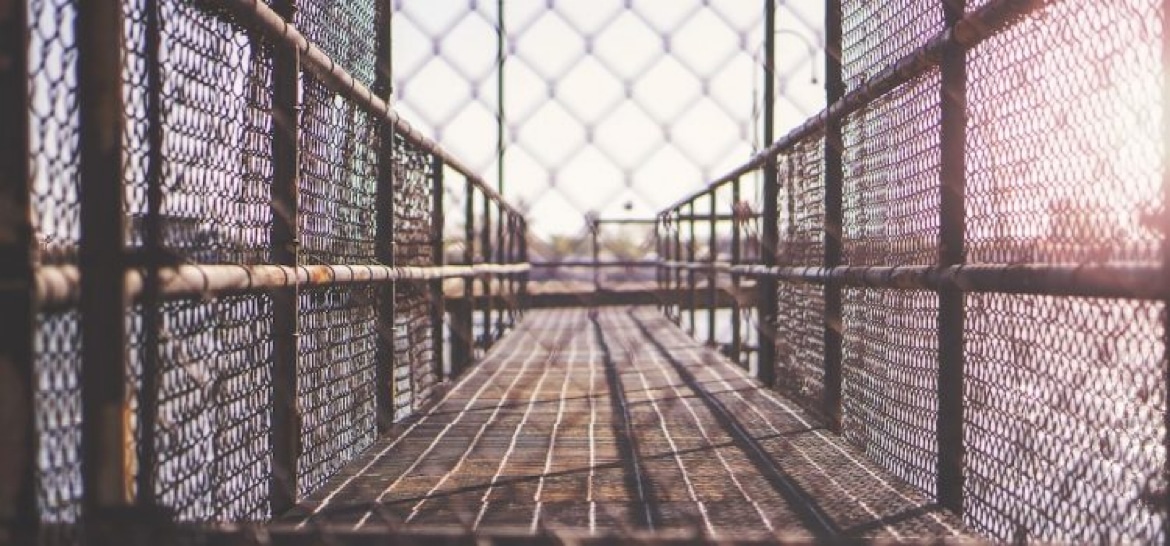The concept of ruling classes has been a recurring theme throughout human history, shaping societies and influencing the lives of individuals in profound ways. From ancient monarchies to modern-day oligarchies, the ruling classes have played a pivotal role in determining the distribution of power, wealth, and opportunities within a society. Before we engage in the concept of the ‘iron cage’ it is crucial to remind ourselves how the ruling class impacts upon our existence.
Economic Impact
One of the most evident impacts of the ruling class is reflected in economic structures and disparities. Historically, ruling classes have often controlled the means of production and wealth, leading to economic inequalities. The concentration of resources in the hands of a privileged few can result in limited access to opportunities for the majority. This economic divide can perpetuate cycles of poverty and privilege, creating a stratified society where social mobility becomes increasingly challenging.
Furthermore, the policies and decisions made by the ruling classes often prioritise their economic interests, sometimes at the expense of the broader population. Taxation policies, labour regulations, and economic incentives are shaped to benefit the elite, leading to a system that may exacerbate income inequality and hinder the development of a fair and inclusive economy.
Social Impact
Ruling classes also leave an indelible mark on the social fabric of a society. Social hierarchies often mirror economic disparities, creating a sense of privilege among the elite and disenfranchisement among the masses. The ruling classes may dictate cultural norms, influencing education, media, and other institutions that shape societal values.
Moreover, the control of information and narratives by ruling classes can impact public perception and ideology. This influence can shape attitudes towards issues such as social justice, human rights, and equality, with the ruling classes often working to maintain the status quo that benefits them.
Political Impact
In the political realm, ruling classes wield significant influence over governance structures, policies, and decision-making processes. Political power tends to be concentrated within the ruling elite, often resulting in policies that serve their interests rather than the broader welfare of society. The influence of money in politics, lobbying, and campaign financing can further entrench the power of the ruling classes.
The impact of ruling classes on politics extends beyond national borders, affecting international relations and global governance. Economic and political elites can shape global agendas, trade policies, and international institutions to safeguard their interests, potentially exacerbating global inequalities.
Where does the theory of the ‘Iron Cage’ come in?
‘Iron cage’ is a concept proposed by the sociologist Max Weber, and one of its first references is seen in his well-known work, The Protestant Ethic and the Spirit of Capitalism. However, the phrase was never used by him directly, as he always wrote in the German language. It was Talcott Parsons who coined the term in 1930 when he translated Weber’s work. Weber used this term to highlight the increasing rationalisation intrinsic to social life, especially in western capitalist societies. It shows how individuals are trapped in systems or organisations that run on the principles of efficiency, rationality and control. The iron cage of rationality reflects the pressure that builds over us due to the pressure on both others and ourselves to act and behave in certain ways. It is presented to us as if that is the only beneficial strategy for us.
In modern western societies, as organisations grow, they not only bring about changes in the relationships between the people working there but also the relationship they have with the organisation. These modern organisations are characterised by rules and regulations that govern the behaviour of the people working in them. The people are required to show formal and impersonal behaviour and with the enlargement of these organisations, people have alienated themselves from each other. The specialisation is another characteristic. It is said that the larger the institution, the more specialised the people working in it need to become. These features of modern organisations aim to achieve efficiency, which consequently propels the concept of the iron cage. Weber, while explaining the iron cage, said that “modernisation creates hedonists without hearts and specialists without spirits.”.
The consumerist society is one in which everything gets cheaper day by day due to newer models coming in. As a result of this rationalisation and the increase in products on the market, the pleasure of acquiring those things is reduced. In addition, with efficiency and specialisation in production, people producing those take less interest in making them and feel disconnected from their work. They just become a part of the mechanical setup instead of being creative and different. Hence, the concept of an iron cage not only means being stuck in a job that is not liked by the doers,. It also refers to the condition where things become so rational that enjoyment cannot be felt while doing them, nor can a person add their personal values to the work. The people in the organisation feel trapped within it, just like an iron cage.
Many social theorists and researchers embrace Weber’s idea about the iron cage. They believe that the development of capitalist production intensified the impact of this cage on shaping and directing our thoughts and behaviour. The new global system that arose due to capitalism, technological innovations, and industrialisation is far from disintegrating in the near future. As society evolves more and more, this abstract cage will become more rigid, ordered, systematic, and dehumanised. Social scientists are also engaged to find solutions to the problems arising due to the influence of iron cage.
Now let us broaden Weber’s concept of the Iron Cage outward. Let us consider that it is not merely working within institutions that is dehumanising. It is the totality of our lives within the structures generated that have us trapped from birth to death. We have nowhere to escape as the cage expands and the bars strengthen. We are trapped by an ideology and those that perpetuate and perpetrate it. In short, our lives are no longer our own.
But what of the ruling classes who keep us trapped in this cage for their own ends? Where are they in our day-to-day lives? Some have argued that the ruling classes simply do not care about what we think. It is irrelevant to their grand plan. In some ways, this is an entirely understandable perspective to hold; however, others argue that the opposite is true.
Michael Parenti’s brilliant response to the notion that the US ruling class “Don’t care what we think”:

It is worth noting that the extent to which the ruling classes care about the opinions and concerns of the general population varies significantly based on the specific context, historical period, and political and economic system in place. Generally, the ruling classes are motivated by self-preservation and the protection of their interests, which may or may not align with the well-being of the broader population.
In general, manipulation and identification play a key role in how the ruling classes manage us, wherever we may be:
‘Democracy’ and Public Opinion: In so-called democratic societies, the ruling classes are often more attuned to public opinion because their legitimacy depends on popular support. Elected officials, who may be considered part of the ruling class, need the votes of the general population to stay in power. As a result, they are more likely to respond to public sentiment, especially during elections. However, a contrary argument is proposed, which states that in effect, whoever gains power tends to think and behave similarly and pose very little threat to the status quo of the ruling class.
Authoritarian Regimes: In authoritarian or autocratic systems, ruling classes may be less concerned with public opinion, as their authority is often maintained through coercion or control of institutions. However, even in such systems, public discontent can pose a threat to stability, and ruling elites may take measures to manage dissent.
Media and Perception Management: Ruling classes often seek to influence public opinion through media control and narrative shaping. They may invest in public relations, propaganda, or other communication strategies to manage how they are perceived by the general population. A clear example in the UK are corporate mainstream media that offer no alternative to the ruling classes as in almost all cases the owners are part of the ruling class. Even so-called outsiders like GB News are no such thing and simply divide the population and offer no threat of change.
Possibly the biggest lie inflicted upon the British public by the ruling class was the one about Britain being a green and pleasant land, as explained here:
All counties have a universal lie imposed to create nationalism and patriotism.
Economic and Social Stability: The ruling classes have a vested interest in maintaining stability to protect their wealth and power. In some cases, this may lead them to address certain grievances or concerns of the population to prevent social unrest that could threaten the status quo.
Global Interconnectedness: In an era of global interconnectedness, ruling classes may also consider international opinion and the potential impact of their actions on global perceptions. Economic relationships, diplomatic considerations, and reputational concerns can influence the decisions made by ruling elites. The ruling class tends to choose who should be our enemies and who should be our allies. The public have very little say.
Social Movements and Activism: The rise of social movements and activism can sometimes compel ruling classes to address specific issues. Public pressure, whether through protests, advocacy, or social media campaigns, can force ruling elites to acknowledge and respond to certain concerns.
It’s important to note that within any ruling class, there can be internal divisions, and not all members may share the same views or priorities. Additionally, the responsiveness of ruling classes to public opinion can fluctuate over time based on changing circumstances. Ultimately, the relationship between ruling classes and the general population is complex and influenced by a multitude of factors. These factors depend on the historical context of the evolution of any society.
What Weber and then Parsons reveal is that there is a mechanism in place that ensures the ruling class can control us and keep us caged. They listen to us to ensure they are ahead of us permanently. This is not meant as a bleak reportage. This is meant to enlighten us so that breaking free of the cage becomes more likely.
Jason Cridland
Join us in helping to bring reality and decency back by SUBSCRIBING to our Youtube channel: https://www.youtube.com/channel/UCQ1Ll1ylCg8U19AhNl-NoTg SUPPORTING US where you can: Award Winning Independent Citizen Media Needs Your Help. PLEASE SUPPORT US FOR JUST £2 A MONTH https://dorseteye.com/donate/












